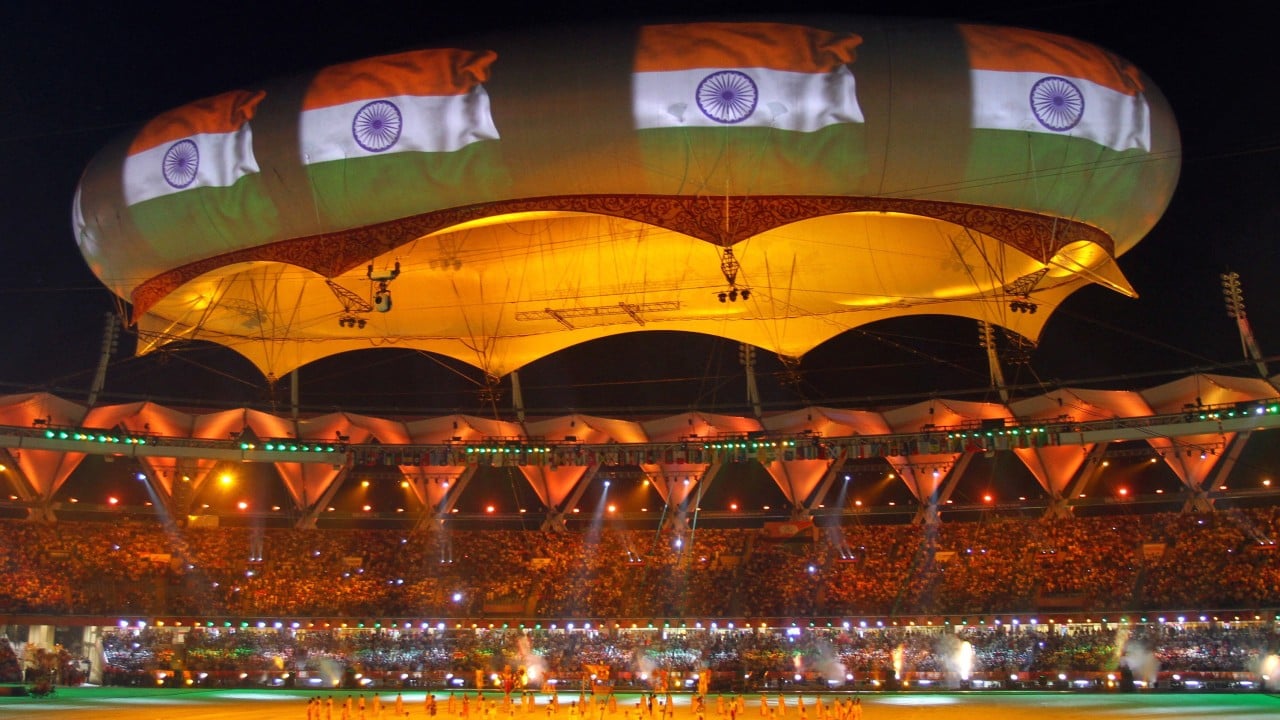

India has formally proposed to host the 2030 Commonwealth Games in Ahmedabad, Gujarat, a move that underscores the nation's ambition to become a global sporting hub and potentially bolster its credentials for a future Olympic bid. The proposal was submitted to Commonwealth Sport (CS) in London by a delegation that included Gujarat's Sports Minister, Harsh Sanghavi, representatives from the Commonwealth Games Association of India, and the Government of Gujarat. The centenary edition of the Games is planned to be held in October for 12 days.
The Indian Olympic Association (IOA) views hosting the 2030 Commonwealth Games (CWG) as a stepping stone toward potentially hosting the 2036 Olympics. India has submitted a formal letter of intent to the International Olympic Committee to host the 2036 Games. Ahmedabad, with its world-class stadiums and facilities, is considered a strong candidate for the Olympics. Narendra Modi Stadium, the world's largest cricket stadium, has already demonstrated its capability by successfully hosting the 2023 ICC Cricket World Cup Final.
India's proposal emphasizes sustainability, inclusivity, and a lasting legacy. The bid aligns with the Commonwealth Sport Reset Principles, prioritizing athletes, full integration of para-sports, gender balance, and a commitment to a legacy that extends beyond 2030. The Games will feature a full-fledged sports program, including para-sports. The IOA aims to include medal-winning disciplines like shooting, wrestling, and archery, as well as traditional Indian sports such as kabaddi and kho kho.
Gujarat Sports Minister Harsh Sanghavi highlighted that the proposal reflects India's commitment to delivering a sustainable and inclusive Games. The submission on National Sports Day, celebrated in honor of hockey legend Major Dhyan Chand, carries special significance, highlighting India's sporting heritage and vision for the nation's youth. Sanghavi stated that the Games would be based on the ancient principle of "Vasudhaiva Kutumbakam," meaning "the world is one family," promoting unity and human connection. The principle of "Atithi Devo Bhava," meaning "the guest is divine," will guide the planning for all stakeholders.
The bid is underpinned by a Host Collaborative Agreement (HCA), representing a partnership between CS, CGA India (IOA), and the Government of India and Gujarat. This agreement ensures financial guarantees, infrastructure, and operational capacity. The proposal encourages the use of existing venues to ensure the Games leave a lasting impact and legacy benefits for local communities.
India aims to be among the top 10 sporting nations and host the Olympics in the next decade. The government is reforming sports governance to promote transparency and support athletes. These reforms include ensuring athletes' primacy, women's representation in federations, and wider opportunities for participation in the sports ecosystem. The government also seeks to ensure speedy dispute resolution and provide opportunities for differently-abled athletes.
Hosting the Commonwealth Games aligns with India's long-term ambition of becoming a leading sporting nation, where mega-events serve as catalysts for wider participation in sport, infrastructure development, and international collaboration. India has a population of 1.4 billion, but its record at the Olympics is poor compared to other countries of its size. As of the 2024 Summer Olympics, India has won 41 medals, all at the Summer Games, including 10 gold medals.